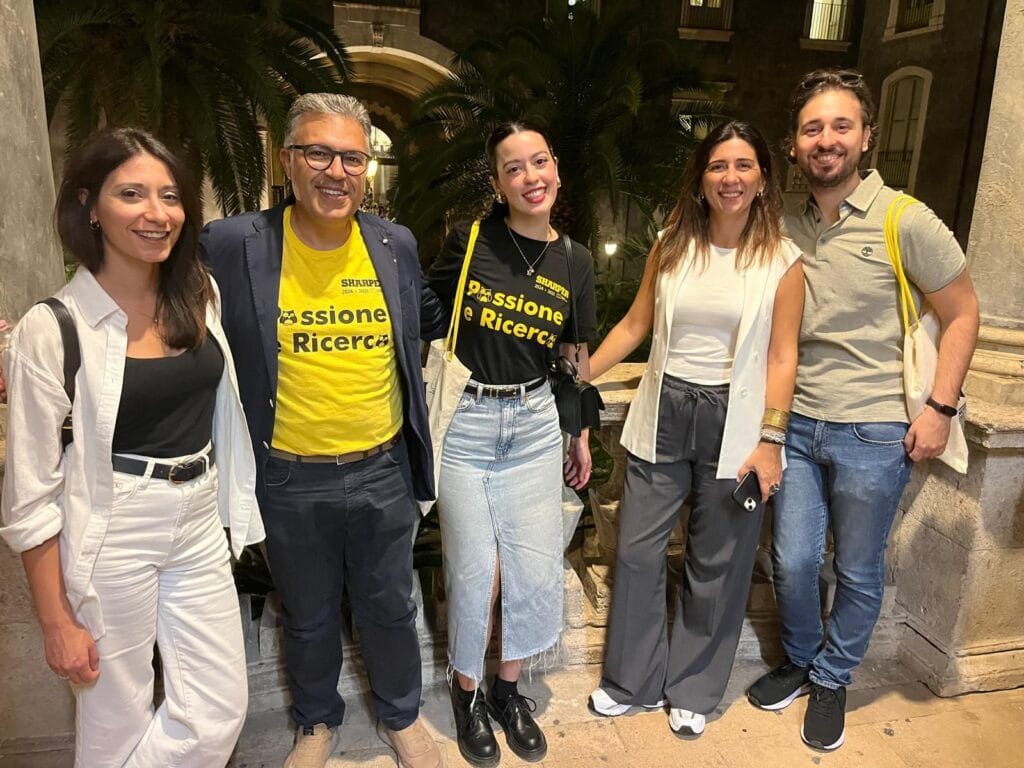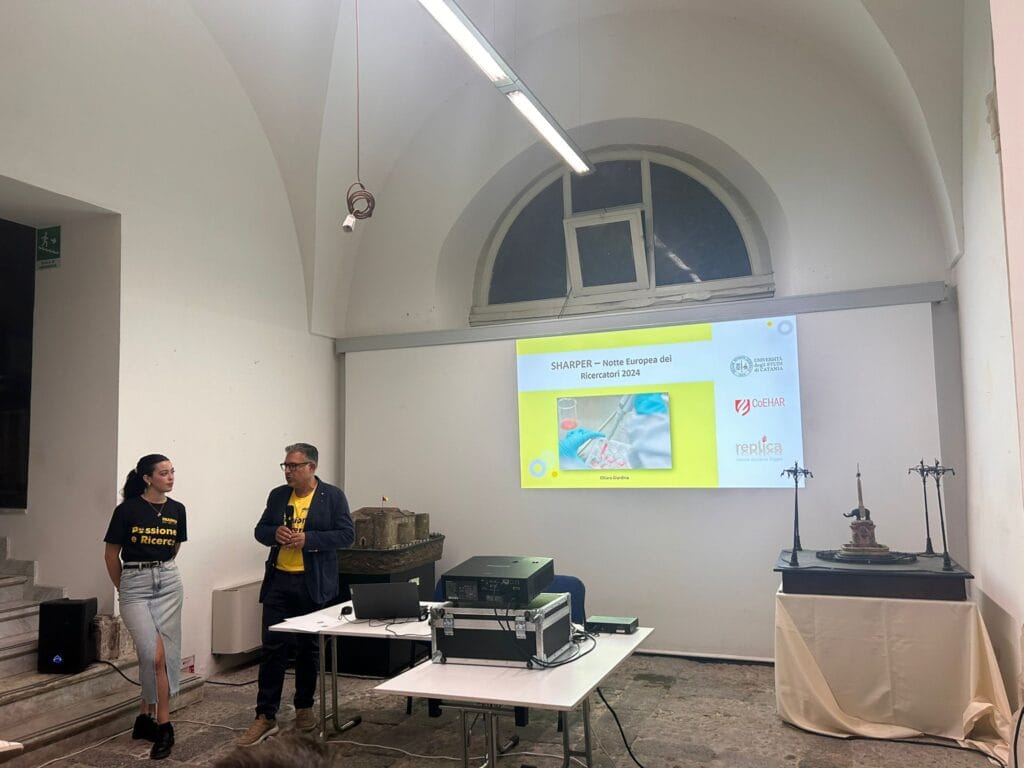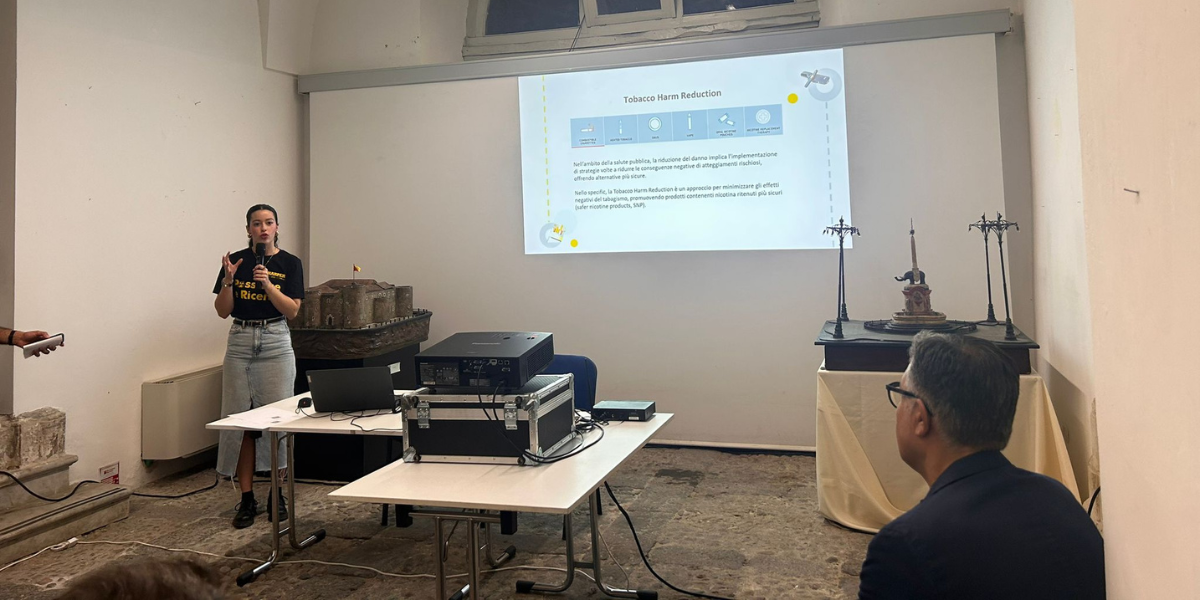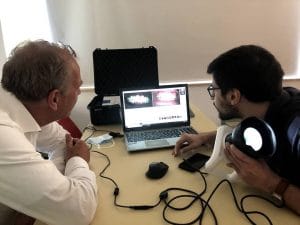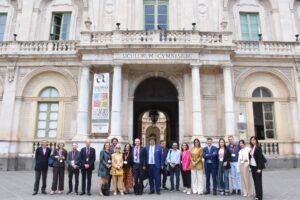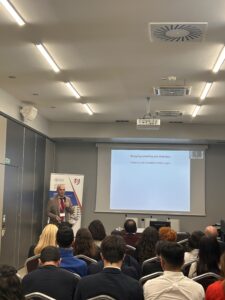Sharper Night is an event dedicated to research and the members of the scientific community. This year, Chiara Giardina, winner of the KAC scholarship, addressed an audience of young students and researchers in Catania.
Sharper Night is an Italian project supported by the European Commission, which dedicates two days to researchers and their contribution to shaping the future of our society.
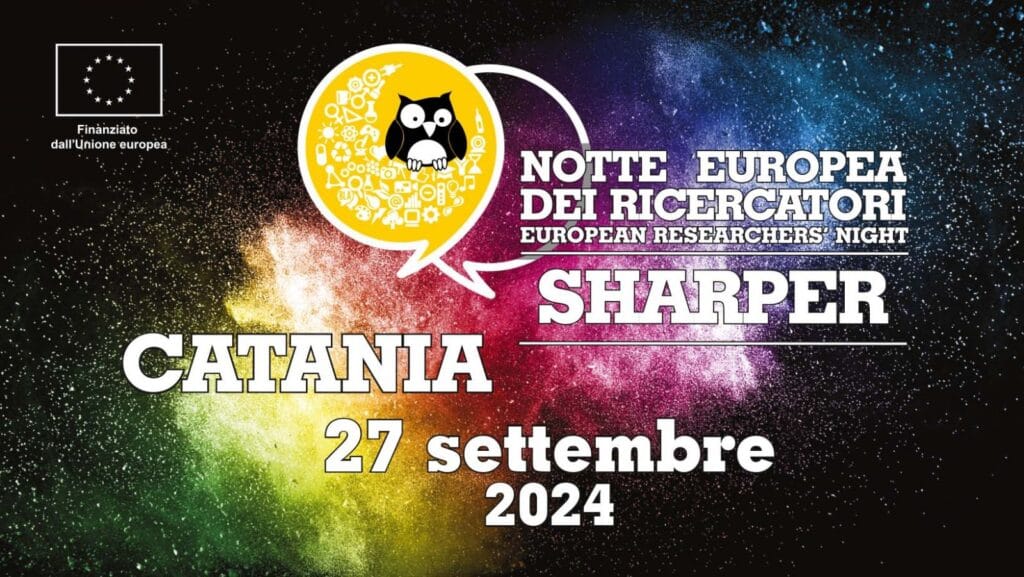
On September 27 and 28, 15 Italian cities opened the doors of their universities to citizens, students, and young researchers. The goal was to show the challenges and discoveries of young Italian researchers through conferences, presentations, games, exhibitions, and performances.
The University of Catania is among the partners of the project, which includes over 200 entities and institutions. This university has been a hub of significant research activity both in Italy and abroad for years, hosting not only Italian excellence but also experts from around the world.
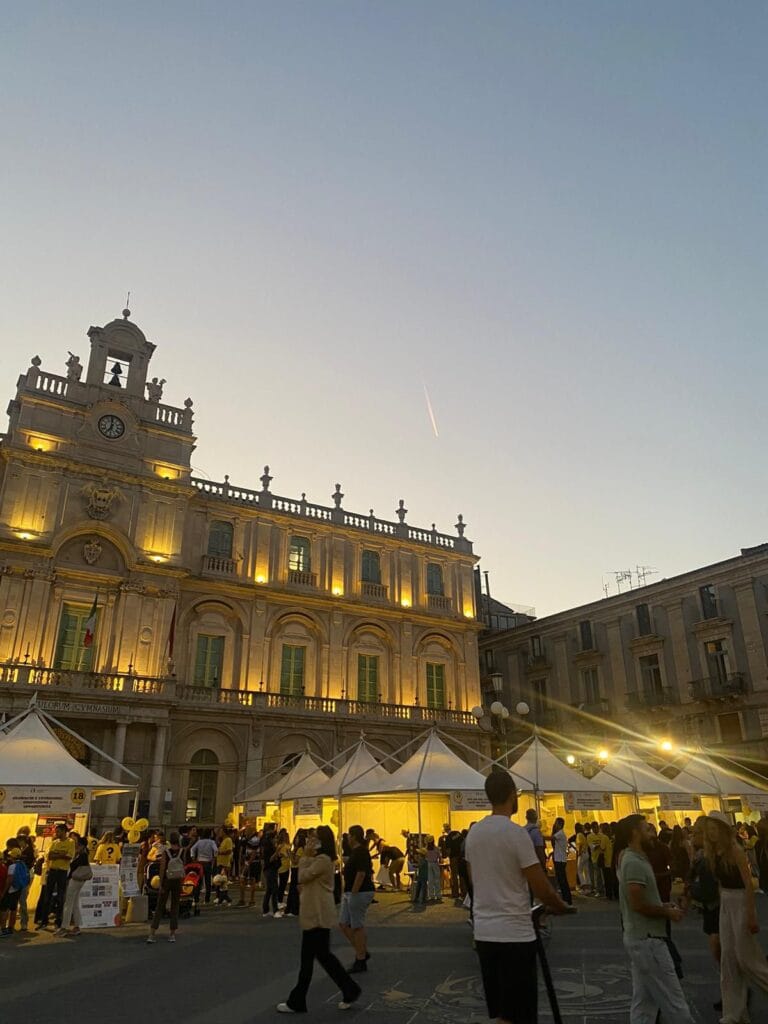
Sharper Night stands as a gathering point between the scientific community and the public, demonstrating how science offers concrete career and work opportunities to young people.
Some young talents from the Italian territory have already seized these opportunities, including Chiara Giardina, who won the prestigious KAC (Knowledge Action Change) scholarship for the Tobacco Harm Reduction Scholarship Programme thanks to a project conducted in the laboratories of Catania.
Introducing the young talent was the COEHAR researcher and coordinator of the Replica project, Prof. Massimo Caruso, who assisted Giardina during her internship.
Giardina’s project focuses on “an in vitro research involving an analysis of the genome of lung epithelial cells following exposure to both cigarette smoke and aerosol from heated tobacco products, as well as nicotine treatment. The aim is to analyze gene expression changes under these experimental conditions to assess a possible correlation with inflammation or carcinogenesis processes.”
During Sharper Night, Chiara Giardina had the opportunity to present her research, sparking the curiosity of the audience, who were particularly interested in the different types of modified-risk devices.
The Replica project, which aims to replicate and validate the results of well-known studies in the field of modified-risk devices under standardized conditions, has allowed young researchers from over seven different countries and young students from the Catania hub, like Chiara Giardina, to become part of a network of international excellence.
The experience of this young researcher is an example of the opportunities offered by research projects carried out by the University of Catania, in collaboration with COEHAR, which provide a promising future for young people across Italy.
